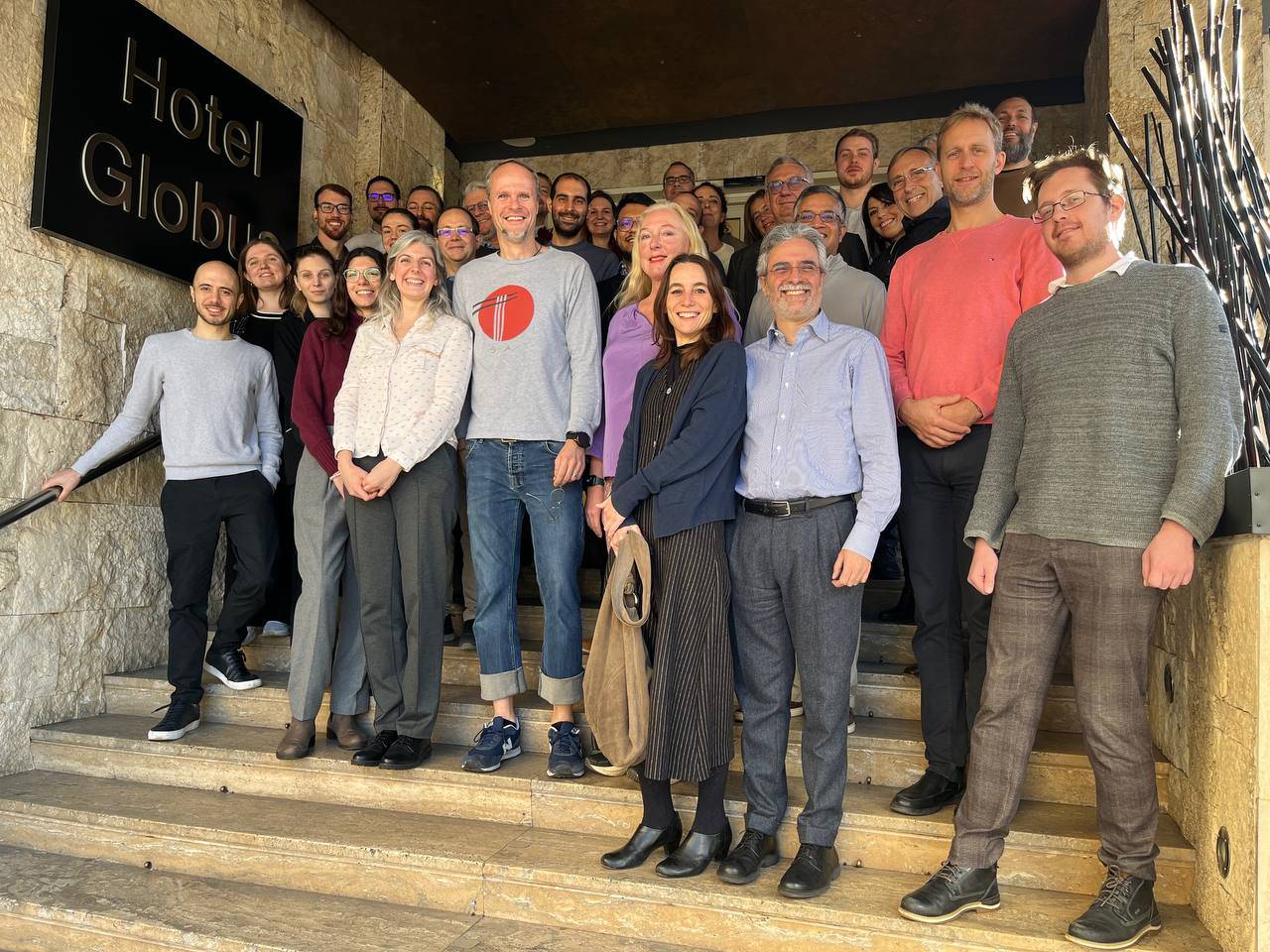Insights into the General Assembly of the research project “dAIbetes” in Rome
The project partners of the groundbreaking Horizon Europe project “dAIbetes” gathered under the leadership of the University of Hamburg (UHAM) in Rome from 12 to 13 December 2024 to review the first year of the project and to discuss the next steps in the project in detail. This EU-funded project involves experts from around the world, including the Research Institute, in order to combine type 2 diabetes research with artificial intelligence and develop new approaches for personalised treatment methods.
Background to the project
Type 2 diabetes afflicts nearly one in ten adults worldwide, making the development of personalised treatment approaches increasingly important. The “dAIbetes” project explores the use of virtual twins as innovative prognostic tools for personalised disease management. However, as training these models is a data hungry endeavour and therefore falls directly within the scope of the General Data Protection Regulation (GDPR), the project will focus on more privacy-enhancing computational technologies such as federated learning. For more information about the project, kindly click here.
Interdisciplinary consortium and project objectives
The “dAIbetes” consortium combines expertise in software development, artificial intelligence, cybersecurity and diabetes research and treatment. The Research Institute plays an important role among the project partners, in particular with its expertise in data protection, conducting impact assessments, AI law and ethics. The overall objective of the project is to develop a model for personalised outcome prediction of type 2 diabetes treatment while preserving privacy by incorporating all of these competences.
Review of the first year of the project at the General Assembly in Rome
During the General Assembly, the project consortium exchanged views on progress to date, concretised the next steps and developed new ideas and approaches for the coming years of the project. The Research Institute, as the legal and ethics partner, represented by Madeleine Müller, Walter Hötzendorfer, and David M. Schneeberger, provided insights into its current project work and held a workshop on “The ethical dimensions of bias, discrimination and unfairness” with active participation from the project partners concerned.
We would like to thank all project partners for the exciting discussions and look forward to a promising collaboration with this excellent consortium.

